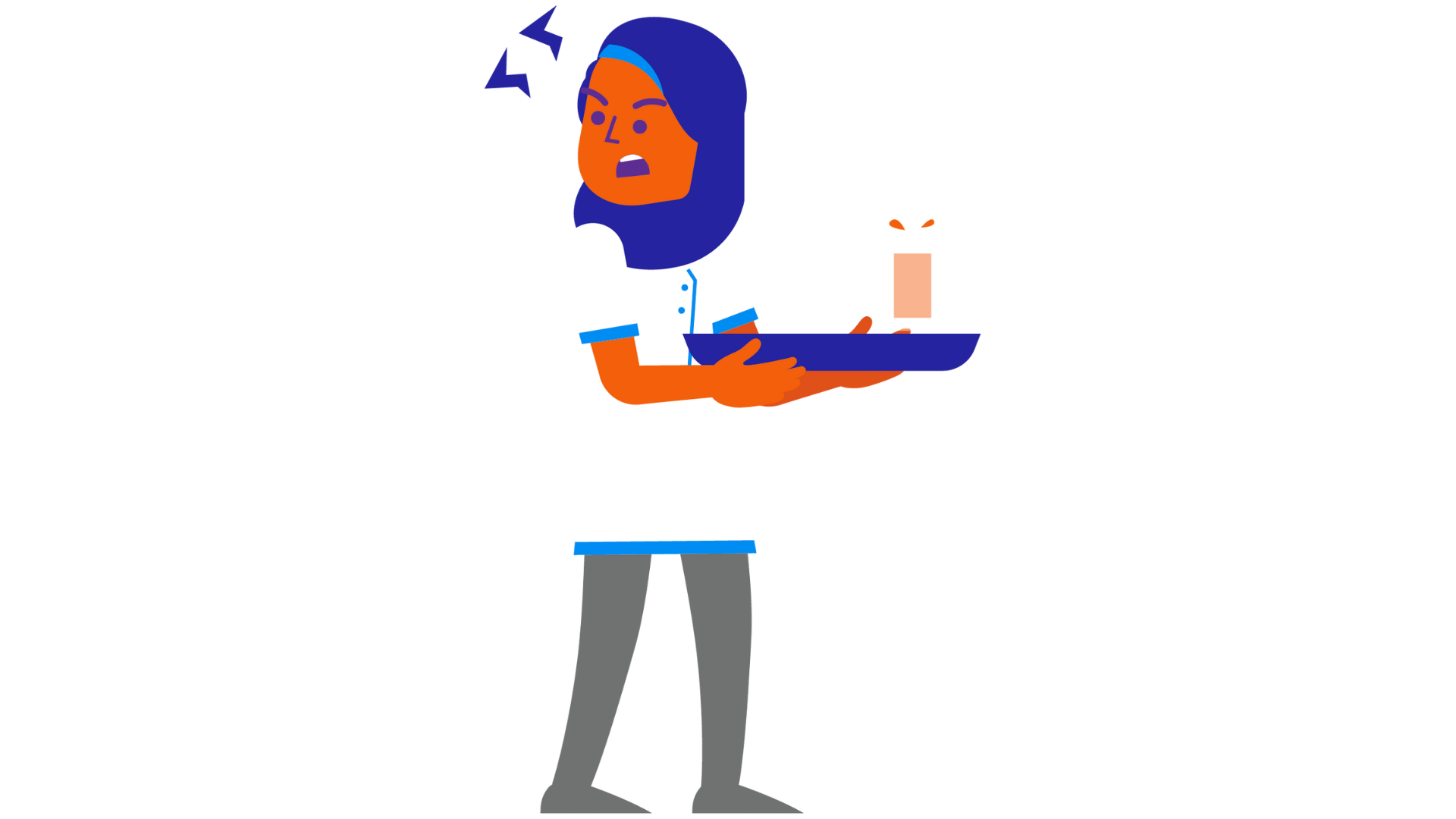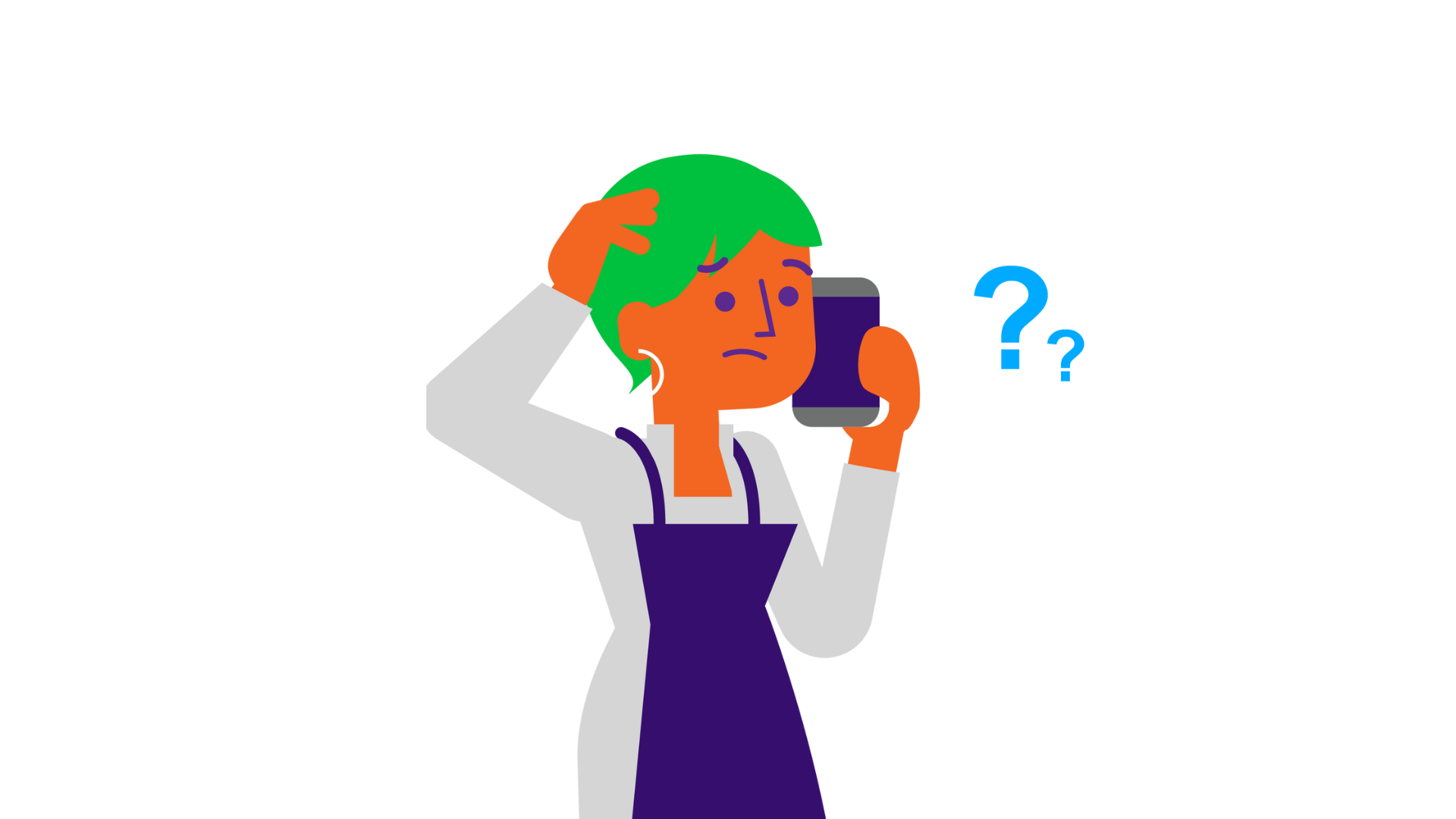
Was on
-
2
April
2025
5 min reading time
7 frequently asked questions about illness as a temporary worker
Are you a temporary worker and have questions about what to do when you are sick? What you are entitled to and whether you will be paid? Getting sick is annoying. And of course you want to be able to take a carefree illness without having to stress about your work or your pay.
Sign upSign up for the waiting listStay informedHow do I report sick as a temporary employee?
As a temporary worker, you report sick to your employer. In other words, the client. You have to report this as soon as possible. Often your client has rules about how and to whom you must report sick. Check this carefully and ask your contact person.
What about your temp agency? Whether you still have to sign out there depends on the arrangements you have made. It may be that you only have to report sick to your client and the client reports you sick to your employment agency. But it is also possible that you have to report sick to both. Are you in doubt? Then just report sick to both of your contacts.
Will I get paid when I am sick?
That depends on your situation. For example, the length of your contract and previous agreements. For example, whether your contract follows a collective bargaining agreement. We have taken a few situations as examples:
- Your temp agency follows a collective bargaining agreement: Your temp contract cannot be terminated and your wages are paid until the end of your contract. Are you long-term sick? Then the UWV will apply for sickness benefit for you when the contract ends. Do you become ill? Then one waiting day applies (see question 3). This means that you will not receive pay again until your second day of illness.
- Your temp agency does not follow a collective bargaining agreement: In this case, it depends on whether your contract has an 'agency clause'.
- Does your contract have an agency clause (see question 4)? Then your agency does not have to continue paying wages.
- Does your contract have no agency clause? Then you will continue to be paid until your contract expires.
What are waiting days?
Waiting days are the first days you are sick and not yet receiving pay. This means that you do not receive pay for the first day(s) of your illness. Does your contract fall under a collective bargaining agreement? Then one waiting day is standard.
What is a temp clause?
If you work through a temp agency, at first you often have a contract with a temp clause. This means that your work stops automatically if the client (the company you work for) decides they no longer need you.
The advantage?
- You can easily change jobs
- You don't have to cancel yourself
The downside?
- You have no notice period
- If the assignment ends, your contract ends immediately
- You only get paid for the hours you work.
What if I am sick due to a workplace accident?
After a workplace accident, you will continue to be paid as a temporary worker. Both the agency and your client are responsible for your safety. You can recover any damages from both.
For more questions about this, contact the SNCU.
Should I also report better again?
Yes!
Are you receiving sickness benefits from the UWV? Then report back to the UWV. Also report this to your employment agency, so they can look for new work for you.
Are you still under contract with an employment agency? Then report back to your client as well as your employment agency.
TIP: Did you know that 1 in 4 sick days are due to stress? You can prevent illness by tackling stress early. With 'Less stress, more energy' we help you get rid of your stress symptoms for free.
Who can I turn to if my temp agency is not following the rules?
Do you feel that the provisions of your contract are being violated? Then you can turn to the SNCU for all your questions.
Available by phone at 0800-7008 and by mail helpdesk@sncu.nl.
Sign up for free
Stay informed
Stay informed
Getting Started
Ready to work on yourself, your future or your job prospects?
Find out within 1 minute which budget is best for you.

Grow in your work and increase your job opportunities.







.avif)





